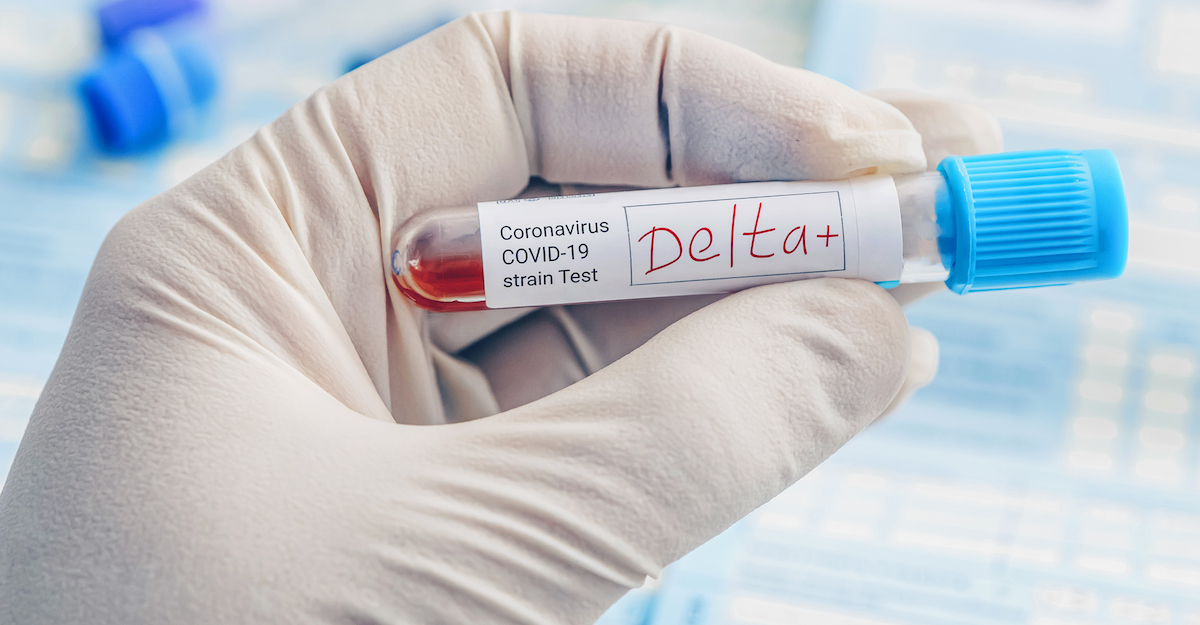<< Back
New, More Transmissible, Delta Variant Reaches New England

October 25, 2021
A new COVID-19 subvariant potentially more transmissible than Delta has reached Massachusetts but presents no serious threat to New England or the United States now, says Hartford Hartford HealthCare’s Dr. Ulysses Wu.
Delta plus, as it’s called, is being monitored by the Centers for Disease Control and Prevention as it spreads through the United Kingdom.
“It’s no concern right now,” says Dr. Wu, Hartford HealthCare’s System Director of Infection Disease and Chief Epidemiologist. “There have been several Delta pluses in the past. This is just another. It may have increased transmissibility, 10 percent to 15 percent higher than Delta, but I’m not yet worried about it or its resistance to the vaccines.”
The new variant, identified last month by British scientists, has not received its own Greek alphabet letter like other variants because it’s not yet designated a variant of interest or concern by the World Health Organization. The variant, also known as AY.4.2, accounted for up to 6 percent of all analyzed COVID-19 cases in the country, according a recent report by UK officials.
Delta remains the dominant variant, but as the virus spreads — especially among the unvaccinated — the opportunities to mutate increase.
“If we don’t get (the virus) under control and it actually starts to get out of control,” says Dr. Wu, “that’s when we’re going to start seeing more variants.”
Free webinar: Understanding Acid Reflux. Thursday, Oct. 28, at 5:30 p.m. To register, call 1.855.792.6258 or click here. [/pullquote]
WHO currently tracks 20 variations of the Delta variant. The AY.4.2 is “one to watch,” says Maria Van Kerkhove, the World Health Organization’s technical lead on COVID-19.
Israel’s Health Ministry says Delta plus is more contagious than Delta but not more deadly than the original COVID-19 variant or more resistant to vaccines. (Delta is more than twice as transmissible as the original variant.)
Delta plus has two mutations in the spike protein, which helps the virus attack the body’s cells. Such mutations have been identified in other variants since the pandemic began last year without posing a major health threat.